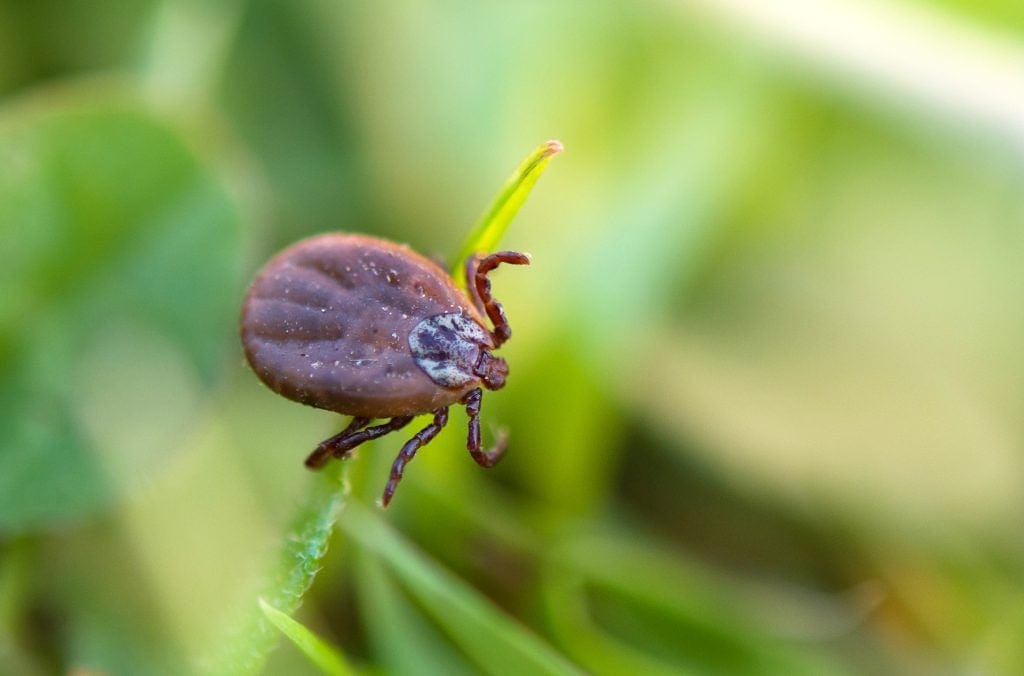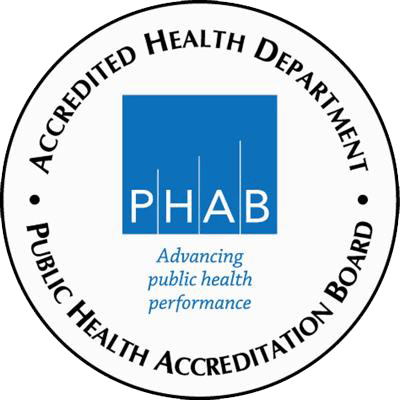The Center for Environmental Health improvement monitors, corrects, and prevents, environmental hazards that could impact health. The Center provides guidance on environmental health concerns, like controlling for mosquitoes or other vectors that may carry disease and preventing foodborne illness. The Center conducts inspections and provides education to establishments with public health impact such as restaurants, hotels, body art/tanning, and public pools. The Center also works with individuals to identify and control for health hazards such as lead, radon gas, and well and septic system issues. The Center for Environmental Health Improvement provides notification of public health concerns to the community and partners.
Programs
The Center for Environmental Health Improvement programs include:
1. Food Establishments
- Permits, inspects, and regulates food establishments in Winnebago County
- Receives foodborne and waterborne illness outbreak reports from Communicable Diseases and conducts environmental investigations
- Issues annual and temporary permits
- Provides consultation, plan review, and pre-operational inspections for new food establishment operators to ensure compliance with code.

2. Public Pools, Spas and Bathing Beaches
- Permits, inspects, and regulates public pools, spas, and bathing beaches in Winnebago County

3. Body Art & Tanning Facilities
- Inspects and regulates body art and tanning facilities in Winnebago County

4. Wells and Septic
- Permits, inspects, and regulates private water well and sewage systems in Winnebago County.
- Inspections and permits are required for the construction of new systems or the modification of existing systems
- Provides inspections services related to construction and property sales/purchases.
- Provides information to homeowners on how to manage their private water well and sewage systems

5. Vector Control & Surveillance
- Monitors for and uses environmental controls to limit the spread of vectors that carry diseases such as West Nile virus and Lyme disease.
- Vectors that can spread disease include mosquitos, tick, rat, mouse, bird, or other insect or animal that can transmit organisms to humans.
- Conducts seasonal tick drags and tick identification
- Monitors mosquito and dead bird population for illness

6. Neighborhood Code Enforcement
- Conducts inspections of properties to ensure compliance with the Winnebago County Property Maintenance Code.
- Provides guidance to residents on how to maintain property in a safe and healthy way.

7. Lead Poisoning Prevention
- Conducts inspections of homes of children with elevated blood lead levels to determine sources and works to eliminate the source
- Provides opportunities for low income families with children under 6 years of age to make their homes safe from lead hazards.

8. Radon Prevention
- Provides radon testing kits at a minimal cost to residents to help residents identify and mitigate radon gas in their home.

Services for the Public
- Low cost radon tests
- Assistance with elevated blood lead levels
- Medical Case Management
- Lead source identification
- Prevention education and guidance
- Permits to operate a food establishment
- Permits to serve food at public events
- Register for a cottage food application
- Investigation of foodborne illness complaints
- Permits for waste haulers, public pools, spas, bath and beaches, and assist with obtaining IDPH permits for body art or tanning facilities
- Guidance on:
- Bed Bugs
- Maintaining private wells and sewage systems
- Safe food handling for events
- Cottage Food requirements
- Reducing mosquito and tick population near your home
- Addressing lead hazards
- Operating permitted business in Winnebago County
Collaboration with Partners
Additional Resources
- IDPH Environmental Health
- CDC’s National Center for Environmental Health
- Facility Codes
- IDPH Guidance Webpages For
- I-Tick Through the College of Veterinary Medicine, University of Illinois

